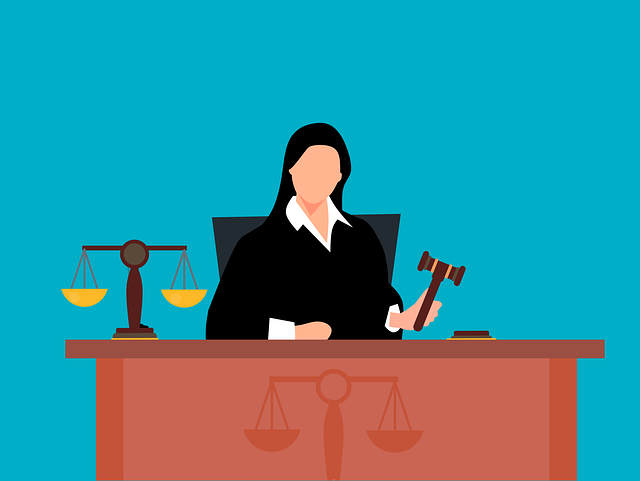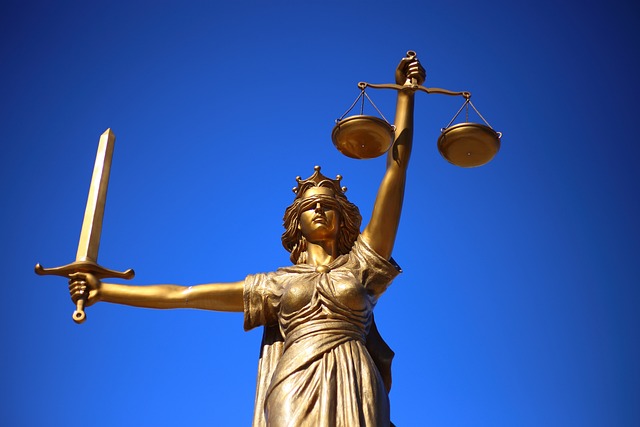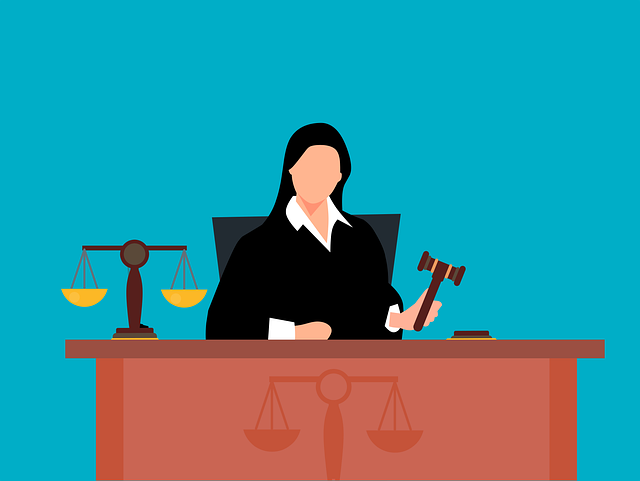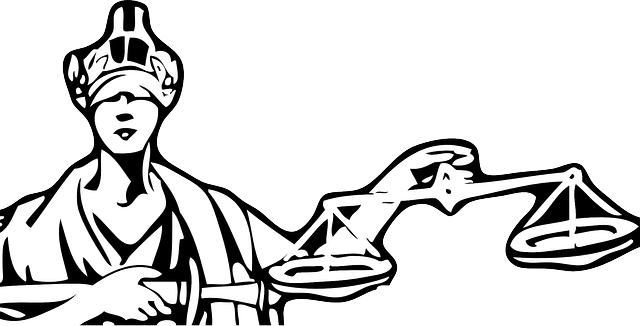In the complex field of criminal law, effective criminal charges defense strategies are vital for ensuring fair treatment and upholding individual liberties. Defense attorneys play a critical role in navigating the justice system by rigorously scrutinizing evidence, challenging witness testimonies, and leveraging legal loopholes or procedural errors. Their strategic approaches, including thorough investigations, cross-examination, and legal research, aim to protect defendants' rights and seek just outcomes. Key focus areas are addressing systemic biases, resource disparities, and advocating for equal legal representation to ensure due process in criminal defense cases.
In the pursuit of justice, advocating for fair treatment in criminal defense cases is paramount. This article explores crucial aspects of ensuring every individual accused of a crime receives equitable legal representation. From understanding the foundational importance of criminal defense to recognizing potential instances of unfair treatment, we delve into effective advocacy strategies and robust case preparation techniques. By examining evidence, supporting defense teams, and upholding client rights, this guide illuminates key steps in the fight for just outcomes, empowering defenders to navigate complex legal landscapes with integrity.
- Understanding Criminal Defense and its Importance
- Recognizing Unfair Treatment in Legal Proceedings
- The Role of Advocacy in Ensuring Justice
- Effective Strategies for Fair Defense
- Building a Solid Case: Preparation and Evidence
- Supporting the Defense Team and Client Rights
Understanding Criminal Defense and its Importance

In the intricate landscape of criminal law, understanding the significance of criminal defense strategies is paramount. Criminal defense isn’t merely about challenging accusations; it’s a cornerstone of any just society, ensuring that individuals accused of crimes receive fair treatment and due process. The right to legal representation and effective defense strategies are vital to navigate the often complex and labyrinthine criminal justice system.
A robust criminal defense involves employing various tactics to challenge the prosecution’s case. This includes thoroughly examining evidence for discrepancies, questioning witness testimonies, and leveraging legal loopholes or procedural errors. Defense attorneys play a pivotal role in safeguarding their clients’ rights, ensuring that justice is not only sought but also served fairly. Effective defense strategies can significantly impact the outcome of criminal charges, underscoring the importance of robust advocacy in upholding individual liberties.
Recognizing Unfair Treatment in Legal Proceedings

Unfair treatment in legal proceedings can manifest in various ways, especially in criminal defense cases. It’s crucial to recognize patterns that might indicate bias or unequal representation. For instance, defendants often face challenges when their lawyers lack adequate resources, expertise, or motivation, leading to less-than-effective defense strategies against serious criminal charges. Such disparities can result in severe consequences, including prolonged detention and harsher sentences.
Additionally, certain demographics may experience systemic biases, affecting their access to quality legal representation. Awareness of these issues is vital for both legal professionals and the public. By understanding what constitutes unfair treatment, advocates can better navigate legal systems, ensure due process rights, and ultimately foster a more just and equitable criminal justice process.
The Role of Advocacy in Ensuring Justice

Advocacy plays a pivotal role in ensuring fairness within the criminal justice system, especially when it comes to defending individuals facing criminal charges. The primary objective of advocacy is to safeguard the rights of the accused and ensure they receive a fair trial based on sound defense strategies. By holding legal professionals, courts, and law enforcement accountable, advocates help maintain the integrity of the system.
Effective advocacy involves rigorous research, strategic planning, and robust argumentation. Defense attorneys utilize various criminal charges defense strategies to challenge evidence, question witness credibility, and present mitigating factors that may sway the jury’s decision or influence sentencing. This process demands a deep understanding of the law and procedural rules to navigate the complexities of the criminal justice system, ultimately fostering a more just outcome for those facing prosecution.
Effective Strategies for Fair Defense

Ensuring fair treatment in criminal defense cases requires a strategic approach that leverages effective defense strategies. One key strategy is thorough investigation and preparation, where legal teams meticulously examine evidence, challenge prosecution claims, and identify potential weaknesses. This includes gathering alibi witnesses, analyzing forensic data, and uncovering any procedural errors or illegal searches.
Additionally, robust cross-examination of witnesses and expert testimony play pivotal roles in undermining the prosecution’s case. Defendant representatives must adeptly question witnesses to expose inconsistencies, bias, or unreliable perceptions. Presenting compelling alternative explanations through expert witnesses can further strengthen the defense, demonstrating reasonable doubt and ultimately advocating for a fair outcome in the face of criminal charges.
Building a Solid Case: Preparation and Evidence

Building a solid case for criminal defense starts with meticulous preparation and a thorough review of available evidence. It’s crucial to thoroughly investigate all aspects of the case, including gathering documents, interviewing witnesses, and examining physical proof. Effective defense strategies rely on a comprehensive understanding of the facts and legal principles applicable to the case.
Preparation includes researching relevant laws, regulations, and previous court decisions that might apply to the client’s situation. By analyzing the evidence and identifying potential weaknesses or inconsistencies in the prosecution’s case, defense attorneys can develop compelling arguments and counter-strategies. This process ensures a fair treatment of the accused, as it allows for a thorough evaluation and presentation of all relevant information.
Supporting the Defense Team and Client Rights

Supporting the defense team is paramount in ensuring effective criminal charges defense strategies. This includes providing adequate resources, legal knowledge, and emotional support to your attorneys. A robust defense begins with a comprehensive understanding of the client’s rights, which are often complex and nuanced. By empowering the defense team, individuals can navigate the intricate legal processes with confidence, knowing their rights are being vigorously protected.
Effective communication between the client and their legal representatives is key. Clients should feel comfortable discussing their case details openly, while attorneys must actively listen and offer strategic guidance based on the facts presented. This collaborative approach fosters trust and strengthens the defense, ultimately aiming to achieve the best possible outcome for the accused.














